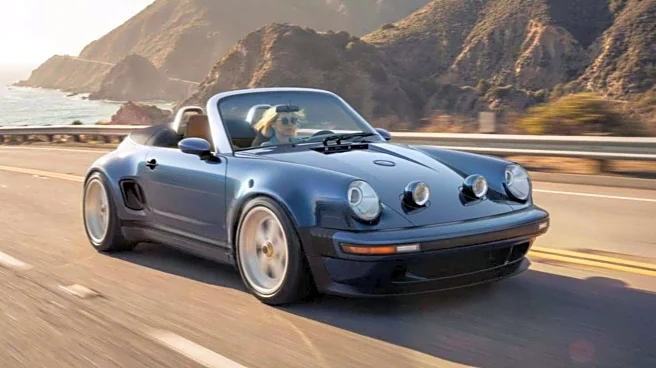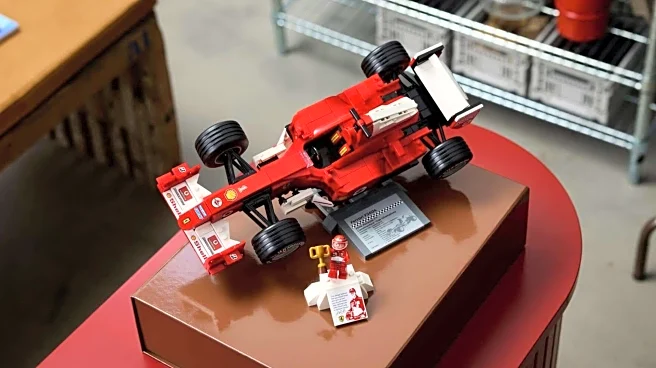Food Safety and Standards Authority of India (FSSAI) has issued orders to the commissioners of food safety to immediately remove sale of misleading ORS-labelled beverages from markets, e-commerce platforms.
In a regulatory order dated November 19, the FSSAI said several manufacturers continue to sell fruit-based beverages, ready-to-serve drinks, energy drinks, electrolyte beverages, and similar products under the label “ORS” despite previous directions issued on October 14 and 15. The earlier order had ordered prohibiting the use of the term in brand names or as prefixes or suffixes for food products.
The authority pointed out that labelling “ORS” in such products violates provisions of the Food Safety and Standards Act, 2006, as the term can
exclusively be used in WHO-recommended Oral Rehydration Salts, which are drug products.
This comes almost a month after Hyderabad paediatrician Dr Shivaranjani Santosh won a long-running battle against the misleading marketing of sugary drinks as ORS. The issue came to light after children with diarrhoea continued to suffer severe dehydration despite consuming these so-called ORS beverages.
On October 14, 2025, FSSAI issued a historic advisory banning food and beverage companies from using the term ‘ORS’ (Oral Rehydration Solution) on any product name, label, or trademark.
This issue is almost a decade old. Colourful bottles and tetra packs with names like ORSL and Rebalance with ORS were sold alongside legitimate medical rehydration solutions in drug stores across India. Parents thought these drinks were similar to WHO-approved ORS, a magical remedy for treating diarrhoea that has saved millions of lives worldwide. However, the ingredients used in these drinks were different.
According to WHO guidelines, a proper ORS should contain 2.6 grams of sodium chloride, 1.5 grams of potassium chloride, 2.9 grams of sodium citrate, and 13.5 grams of dextrose per litre of water. A proper WHO-ORS should have only 1.35 grams of glucose per 100 millilitres, while many drinks contain 8 to 12 grams of sugar per 100 millilitres, which is about three to five teaspoons of sugar per tetra pack.
However, Dr. Shivaranjani found that many drinks contained over 120 grams of sugar per litre and dangerously low levels of electrolytes, making them harmful, especially for dehydrated children.
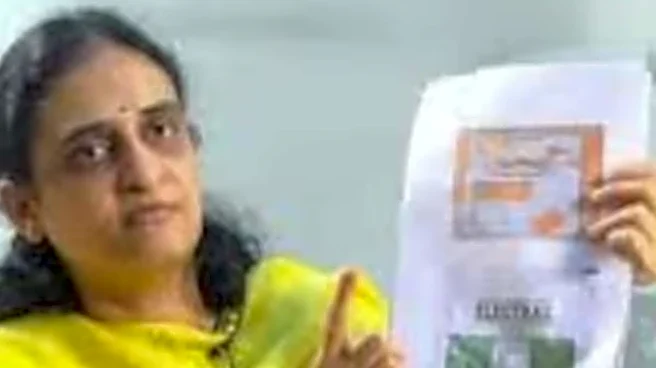

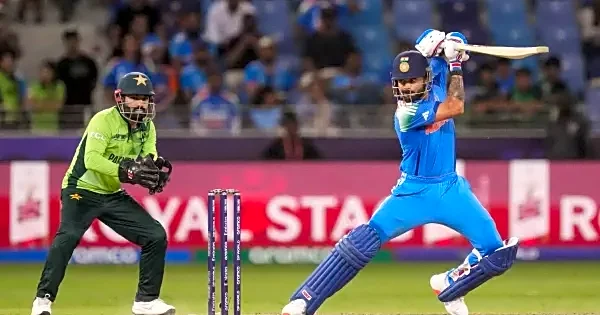
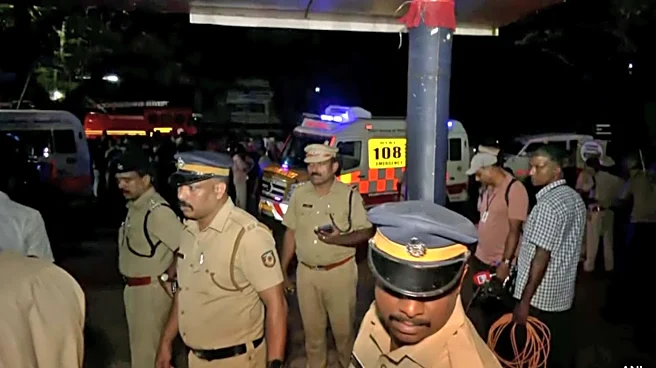
/images/ppid_a911dc6a-image-17710654257455666.webp)


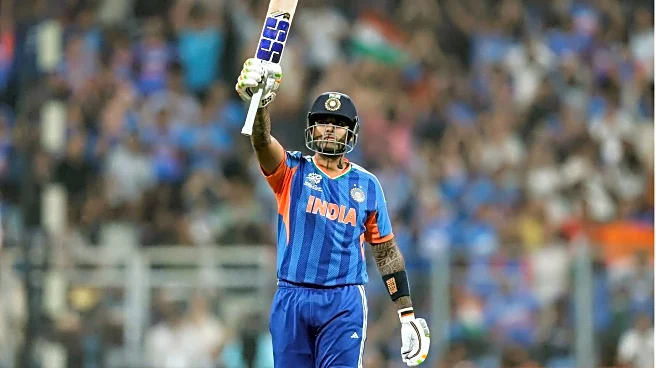

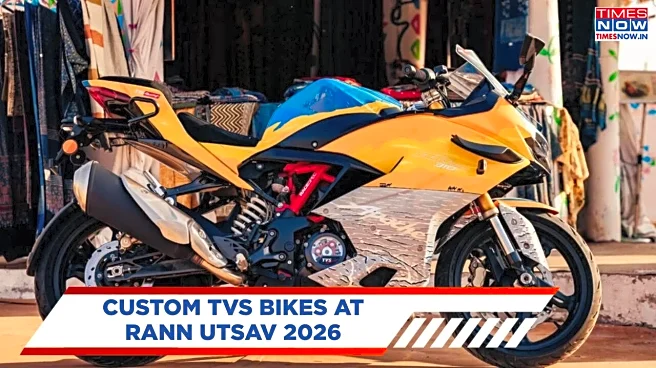


/images/ppid_59c68470-image-177106753408288480.webp)

/images/ppid_a911dc6a-image-17710672654155818.webp)


